Earlier this month Google shared two new posts on their blog: The Keyword. They highlight some important information about how they think about and operate search.
They dive into what “quality” means, a topic we discuss in our ultimate guide to backlinking. At IQnection, “quality” content relates to creating a user experience that makes helpful information accessible and understandable to users. Google seems to agree. Signals like backlinking, internal linking, E-A-T, and more, help Google understand if the information is quality.
What is E-A-T?
Google uses expertise, authoritativeness, and trustworthiness (E-A-T) to judge if the content is quality.
In their Search Quality Rater Guidelines, Google specifies that content created without “some sort of beneficial purpose, including pages that are created with no attempt to help users, or pages that potentially spread hate, cause harm, or misinform or deceive users,” should receive the lowest rating. Avoid the #fakenews train if you hope to rank with quality content.
Google takes into consideration the “expertise” of the author of content as well. Medical advice written by a geologist won’t rank as “expert” level content. Authoritativeness also is pulled from who and how the website is created. A blog may not rank as well as an individually owned domain. Trustworthiness can be boosted by having a safely hosted site that is relevant and up-to-date.
Characteristics of high-quality webpages:
- Have good E-A-T!
- A good amount of high-quality content
- A clear understanding of who owns, and runs, the website.
- Have a positive reputation.
How do I know if I have a positive reputation?
This largely has to do with how a website is rated. However, there are some other ways, for non-reviewed, websites to understand if they have a positive reputation. Using Domain Authority you can understand how your website fares, comparatively, with similar websites. Websites with higher Domain Authority are generally seen as being of higher quality and more trustworthy.
Free tools like Moz’s Domain Analysis Tool and Ahref’s Authority Checker are good options.
What does “quality” matter?
Google uses these indicators (Domain Authority, backlinking, E-A-T), to help populate useful, accurate answers to user search queries.
Google points out what has become more and more evident. In our evolving world, with new technologies and natural-language driven search, users are less interested in facts and more interested in over-arching ideas.
That’s why developing content that is written with keywords and, more importantly, similar and near-keywords is important. People may want to search for “best kids bike” but they actually want to know more than that: What’s safest? What’s the best quality? What’s the best bang for your buck?
Google does this in other ways too: featured snippets, knowledge panels, autocomplete, and “people also asked”.
Google also looks for accurate information. They recently began to make it easier to fact check information on websites.
How do I add quality content to my website?
10 ways to had quality content to your website, and boost your search rankings:
- Answer the questions your customers are actually asking your team.
- Write about a product/industry best practice.
- Interview a customer/industry thought leader.
- Share popular industry/customer resources.
- Create a survey around your product and share the results (add some analysis/key takeaways as a bonus)
- Share product announcements or updates.
- Highlight an employee.
- Discuss an aspect of your companies story or a company value.
- Have a contest!
- Share product reviews.
Other September Google Updates:
- Increased their ability to recognize, accurate, breaking news, crisis’, and natural disasters within a few minutes of it happening.
- Google is developing an Intelligence Desk that “actively monitors and identifies potential information threats.” The goal if the Intelligence Desk is to get vital information to people quickly.
- Developed a partnership with various government agencies, health organizations, non-partisan civic organizations, Wikipedia, and more to ensure that Knowledge Graph information is up-to-date and accurate.
- Using BERT natural language updates that increased the ability to fact check websites – that’s why it’s important to write natural, helpful, and accurate content!
- Attempted to neutralize autocomplete results to prevent interference in the upcoming election.
Do you need help writing “quality” content? Or, do you want to understand how it can increase your ranking in search results? Contact us to learn more.










